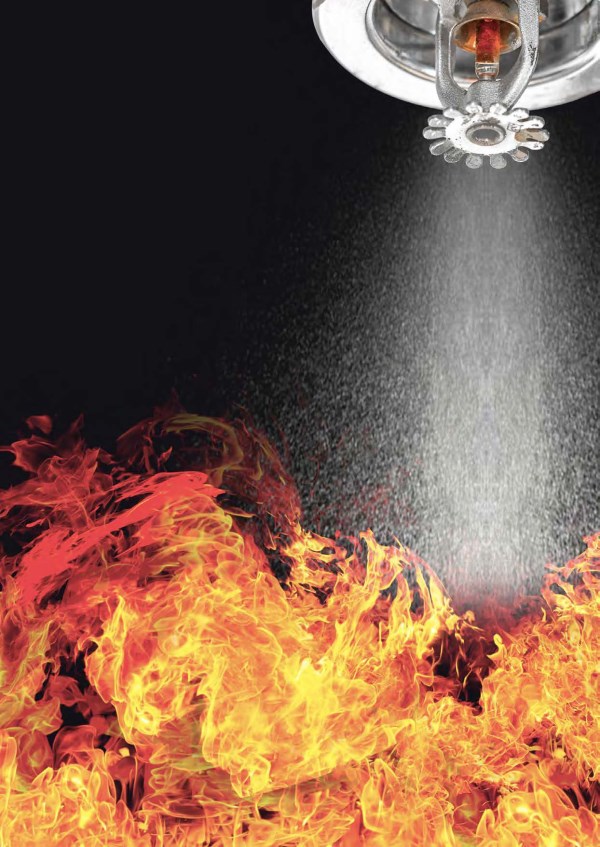Playing with Fire? Don’t Get Burnt.

According to ABS 2016 Census results, the number of occupied apartments has increased by 78% over the last 25 years. With apartment living becoming more commonplace, the safety of an apartment building becomes an even more important consideration for owners and residents alike.
Coupled with the continuous advancements in technology and the inevitability of both systems and buildings to age over time, it is important to consider upgrading fire safety in your building when required to ensure it remains a secure place to live.
Paynter Dixon has undertaken many fire upgrade projects to assist building owners, strata managers and building management committees to comply with fire safety regulations.
Fire safety is a crucial part of protecting people, property and the environment from severe harm or damage. There are many regulations that need to be complied with when building a new development, but the regulations don’t stop there. Older buildings require greater attention as systems may be out of date and will require upgrading to comply with fire safety regulations.
In order for your strata scheme to comply with the law, you need to have yearly fire safety inspections done by a competent fire safety practitioner. Paynter Dixon’s role is to navigate this process on your behalf and project manage the compliance requirements.
Some of the fire-safety compliance considerations include:
Fire exits
Must be accessible and cleared, with no prohibited locking devices on doors. The fire stairs must have handrails and should not be used for storage of any kind.
Fire doors
Designed to separate building zones as well as provide safe exits. Common stairwells must have self-closing fire doors.
Old electrics
Councils look for old or exposed wiring, poorly maintained electrical supply and unauthorised additions to power outlets.
Fire exit signs and emergency lighting
There are stringent requirements for fire exits, warning signs and emergency lighting in residential units, all of which must be tested annually.
Smoke alarms
Now compulsory in all residential homes, shared accommodation and units. Residential property owners are required by law to have hard-wired smoke alarms fitted inside every unit and in common areas.
Hose reels, fire extinguishers and sprinkler systems
Requirements depend on the size of the block. These have to be available on every floor, tested every year and tagged.
Separation of units
Many older unit blocks have waste pipes and air-conditioning or venting ducts passing through the walls between units, with the potential to spread smoke throughout the building. These have to be fitted with fire dampers, with 20 per cent of those checked every year.
Fire compliance work becomes much smoother when Paynter Dixon is engaged. They have a thorough understanding of how to project manage the compliance requirements. Do you want to ensure your building is up to fire safety standards? Call Paynter Dixon for the right advice.
View Comments
(0)